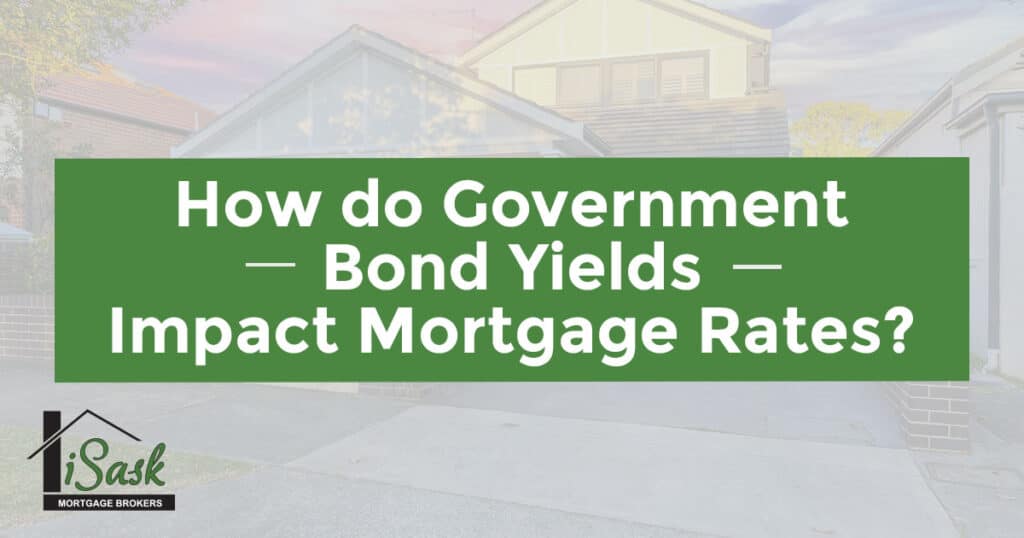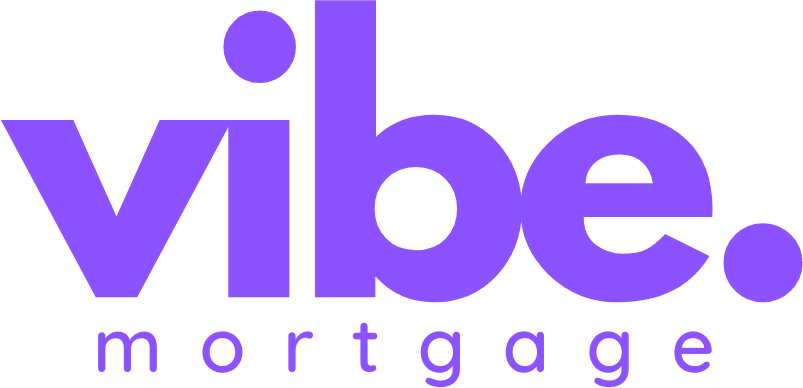How Government Bond Yields Impact Mortgage Rates

Mortgage rates are a key factor in the cost of homeownership, and they don’t move randomly. A major influence comes from Canadian bond yields, which determine how fixed rates rise or fall. For homeowners or potential buyers, understanding this connection is essential for making smart financial decisions.
Understanding the Link
Lenders closely monitor the bond market to determine how much their rates will be for mortgages. When Government bond yields go up, fixed mortgage rates will typically follow – the same is true of when the bond yields go down.
How Bond Yields Influence Mortgage Rates
Government bond yields are used by financial institutions and lenders as a benchmark for lending rates. Bonds are purchased by investors who essentially lend money to the government based on an expected return percentage. Mortgage lenders use the rates of expected return and add a premium to these to cover the higher risk of mortgages as well as operational costs and profits.
When bond yields rise, it often means that interest rates overall are rising and the economy is growing, so lenders will pass the higher costs on to borrowers.
Factors That Impact Bond Yields
There are several economic factors that impact the bond yields including the following:
- Inflation expectations: If inflation is expected to rise, bond rates will often increase to offer a better return.
- Economic Growth: A growing and strong economy may drive yields higher. This is due to investors choosing to shift investment money from bonds to riskier investments like stocks.
- Central Bank Policies: The Bank of Canada’s announcements on interest rates can impact bond yields.
- U.S. economy and inflation. We see Canada’s bond market most often respond directly to the U.S. economic climate and inflation levels. The Canadian Bonds will often follow the U.S. 10-year treasury yields.
Why Bond Yields Matter for Mortgage Decisions
Understanding the link between the bond yields and mortgage rates can help buyers and refinancers to make better decisions on whether to lock in their rates or whether to go with a variable mortgage. Early signals of potential rate changes can be a great indication to those watching the trends. A good mortgage broker is not there just to shop out the best current rate, they should also be watching these trends to try and save you the most money over the course of your mortgage. By timing when a short term fixed mortgage may be best, when a long term fixed mortgage may be best and when a variable rate mortgage might be best, you can be pro-active in reducing your cost of borrowing over the lifetime of your mortgage.

